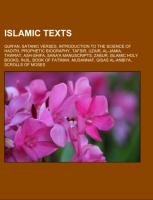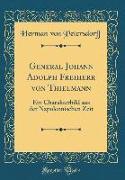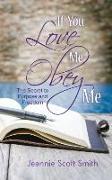Islamic texts
BücherAngebote / Angebote:
Source: Wikipedia. Pages: 32. Chapters: Qur'an, Satanic Verses, Introduction to the Science of Hadith, Prophetic biography, Tafsir, Uzair, Al-Jamia, Tawrat, Ash-Shifa, Sana'a manuscripts, Zabur, Islamic holy books, Injil, Book of Fatimah, Musannaf, Qisas Al-Anbiya, Scrolls of Moses, Scrolls of Abraham, Digital Qur'an, Tanzil, Le Statut des Moines, Falnama, Tahdhib al-Athar, Tablet, Minhaj us Sawi, List of Islamic texts, Tafsir Urwa-Tul-Wusqa, Majma' al-Bayan, Kitab al Majmu. Excerpt: The Quran (English pronunciation: , Arabic: ¿ , IPA: , literally meaning "a recitation"), also transliterated Qur'an, Koran, Qur'an, Coran, Kuran, and al-Qur'an, is the central religious text of Islam, which Muslims consider the verbatim word of God (Arabic: ¿, Allah) and the Final Testament, following the Old and New Testaments. It is regarded widely as the finest piece of literature in the Arabic language. The Quran is divided into 114 suras of unequal length which are classified either as Meccan or Medinan depending upon their place and time of revelation. Muslims believe the Quran to be verbally revealed through angel Jibril (Gabriel) from God to Muhammad gradually over a period of approximately twenty-three years beginning in 610 CE, when Muhammad was forty, and concluding in 632 CE, the year of his death. Muslims further believe that the Qur'an was precisely memorized, recited and exactly written down by Muhammad's companions (Sahaba) after each revelation was dictated by him. Shortly after Muhammad's death the Quran was compiled into a single book by order of the first Caliph Abu Bakr and at the suggestion of his future successor Umar. Hafsa, Muhammad's widow and Umar's daughter, was entrusted with that Quranic text after the second Caliph Umar died. When the third Caliph Uthman began noticing slight differences in Arabic dialect he sought Hafsa's permission to use her text to be set as the standard dialect, the Quraish dialect now known as Fus'ha (Modern Standard Arabic). Before returning the text to Hafsa Uthman made several thousand copies of Abu Bakr's redaction and, to standardize the text, invalidated all other versions of the Quran. This process of formalization is known as the "Uthmanic recension". The present form of the Quran text is accepted by most scholars as the original version compiled by Abu Bakr. Muslims regard the Quran as the main miracle of Muhammad, the proof of his prophethood and the culmination of a series of divine messages that star
Folgt in ca. 5 Arbeitstagen




